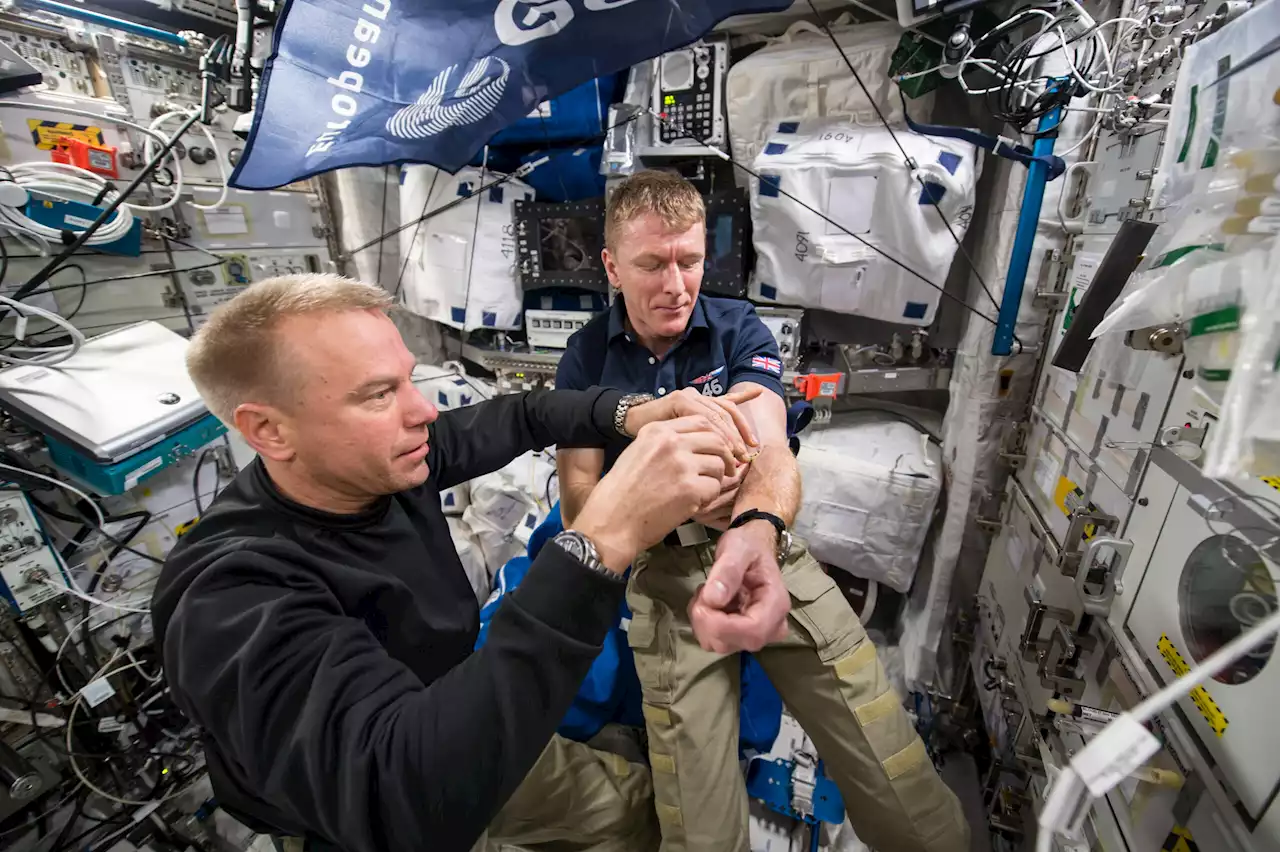Is the Red Planet really the best target for a human colony, or should we look somewhere else?
The collective space vision of all the world’s countries at the moment seems to be Mars, Mars, Mars. The U.S. has two operational rovers on the planet; a NASA probe called MAVEN and an Indian Mars orbiter will both arrive in Mars orbit later this month; and European, Chinese and additional NASA missions are in the works.
While it would cost a ton of money to build, paraterraforming sections of Mars with a sample of Earth’s biosphere inside pressure domes, caves, and underground caverns is something that we could achieve within years of arrival of the first equipment. Moving beyond paraterraforming is a more ambitious goal that could require centuries, and that’s full-scale. This means engineering the planet enough to support humans and other Earth life without domes and other enclosed structures.
That’s a vision that’s relatively cohesive. Still, there are some aspects of the plan that are less than ideal – and indeed, might point our skyward gazes toward a different destination altogether.A colony totally isolated from Earth would need significant genetic diversity to avoid the disease risks that plague smaller populations. According to a
Second, the time it takes to transport settlers. A colonization program will be efficient only if each transport ship is designed to make multiple trips back and forth. A 15-ton payload of the Musk plan currently translates into three colonists per ship, but to be optimistic let’s imagine that we could increase that number to 20 people. In that case, transporting 10,000 people to Mars requires 500 voyages from Earth, while 4,000 voyages would be needed to reach the 80,000 colonist milestone.
For long-term effects, which in weightlessness involve not only bone demineralization, but also muscle atrophy, immune system effects, and other complications throughout the body, there is no way to replicate partial gravity on Earth. We can simulate it with various contraptions that have allowed researchers to study things like walking on Mars and whatnot. We can put people in bed for long periods with the beds angled so as to simulate the shifting of fluids on Mars or other worlds.
Argentina Últimas Noticias, Argentina Titulares
Similar News:También puedes leer noticias similares a ésta que hemos recopilado de otras fuentes de noticias.
 NASA's InSight Mars lander awakens from 'safe mode' after Red Planet dust stormThe Marsquake-hunting mission will pause science for the time being.
NASA's InSight Mars lander awakens from 'safe mode' after Red Planet dust stormThe Marsquake-hunting mission will pause science for the time being.
Leer más »
 Chanel Red Edition Collection: Uncompromising EleganceChanel delivers a new J12 X-Ray Red Edition Rouge, and two Boy.Friend watches, all united by a bold colour and exceptional clarity.
Chanel Red Edition Collection: Uncompromising EleganceChanel delivers a new J12 X-Ray Red Edition Rouge, and two Boy.Friend watches, all united by a bold colour and exceptional clarity.
Leer más »
 Red Cross cyber attack exposed data on 515,000 vulnerable peopleThe International Committee of the Red Cross says hackers broke into servers holding its data and gained access to personal, confidential information on more than a half-million vulnerable people.
Red Cross cyber attack exposed data on 515,000 vulnerable peopleThe International Committee of the Red Cross says hackers broke into servers holding its data and gained access to personal, confidential information on more than a half-million vulnerable people.
Leer más »
 24 Tattoos That Aren't Just Cringe-Worthy Or Bad — They're Literally Major Red FlagsGetting a Death Eater tattoo low-key symbolizes you’re a racist.
24 Tattoos That Aren't Just Cringe-Worthy Or Bad — They're Literally Major Red FlagsGetting a Death Eater tattoo low-key symbolizes you’re a racist.
Leer más »
 Red Cross Says Hack Exposes Data on 515,000 Vulnerable PeopleThe International Committee of the Red Cross says hackers broke into servers holding its data and gained access to personal, confidential information on more than a half-million vulnerable people.
Red Cross Says Hack Exposes Data on 515,000 Vulnerable PeopleThe International Committee of the Red Cross says hackers broke into servers holding its data and gained access to personal, confidential information on more than a half-million vulnerable people.
Leer más »
 Astronauts are losing 3 million red blood cells every second in spaceAstronauts lose 3 million red blood cells every second during the first 10 days in space—but a new study suggests it might last longer.
Astronauts are losing 3 million red blood cells every second in spaceAstronauts lose 3 million red blood cells every second during the first 10 days in space—but a new study suggests it might last longer.
Leer más »
